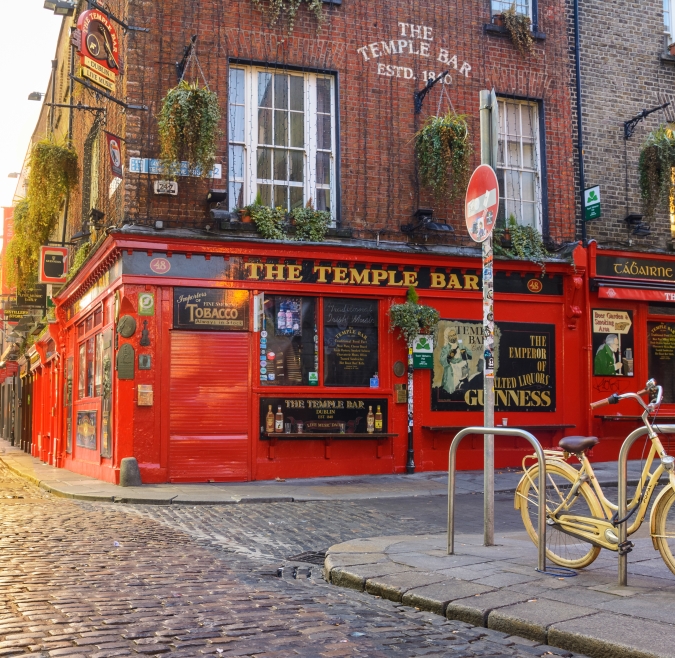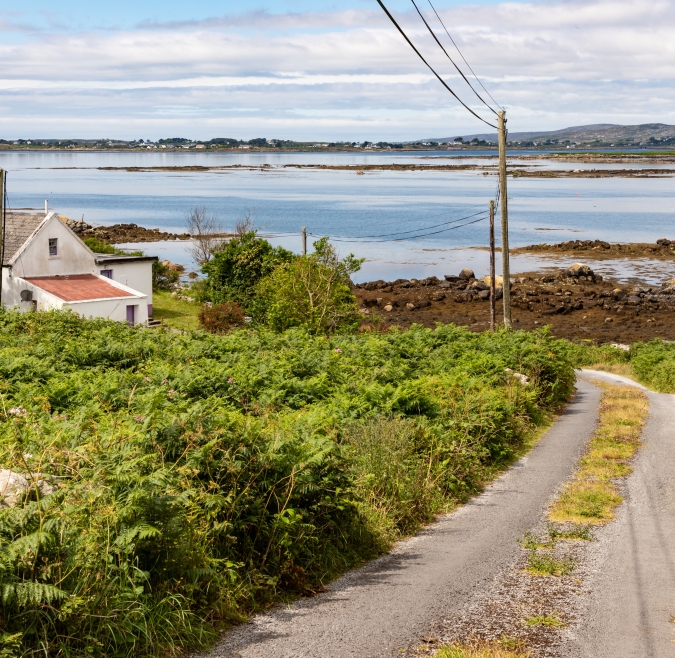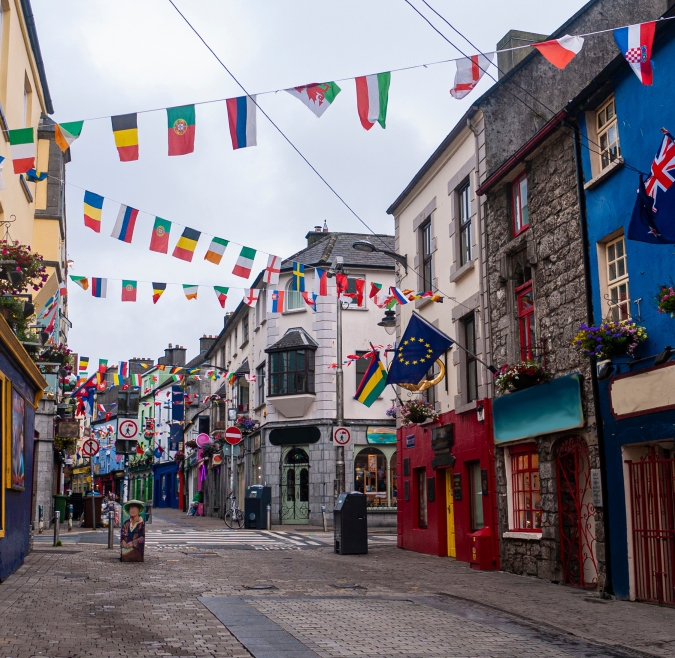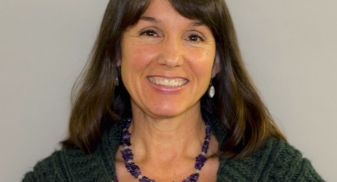Embedded Spring: Rutgers- Irish Media, Politics and Cultural Survival
The Program
Travel to Ireland to study the role of Irish (Gaelic) media in historic and current struggles for political autonomy and cultural identity.
Through readings, films, lectures, and site visits, students will learn the history of British colonialism in Ireland and the role of Irish-Gaelic journalism in the country’s struggles for political independence from England. They will meet Irish Civil Rights activists who fought in the 1960s and 70s for the right to have Irish/Gaelic radio and TV stations in Ireland, and will visit Gaelic radio, TV, print and online news outlets to speak with journalists and other media makers. Focused on the political and cultural importance of native language media for minoritized and formerly colonized populations, students will see examples of Irish-language journalism and cultural programming such as documentaries, websites, children’s cartoons, sports, music videos and soap operas (all subtitled in English), and gain familiarity with contemporary debates about whether the Irish government should continue public funding for Gaelic media. Students will gain an understanding of similarities between struggles for Gaelic media in Ireland and struggles by minoritized and indigenous populations in other parts of the world for the right to have media in their native languages.
Program Locations

Ireland
Dublin
Dublin is the capital and largest city in Ireland. It's also known to be a historical and contemporary hub for education, the arts, administration and industry. Students will spend two days in Dublin.

Ireland
Rural Galway (village of Carraroe)
Students will spend four days in Carraroe, a lovely rural village where Gaelic is the main language spoken.

Ireland
Galway City
Students will spend two days in Galway City, one of Ireland’s most beautiful and culturally vibrant cities.
Academics
Requirements:
Students must have completed "Gender, Race, and Class in the Media" (preferably with Professor Marchi) or "Media and Social Change" before going abroad in order to be eligible for this program.
Learning objectives:
- Enhance skills in interviewing, writing and photography
- Understand the historic importance of journalism in Ireland’s fight for Independence from England
- Learn about the history of British colonialism in Ireland (its economic, political, social and linguistic effects) and Irish Civil Rights struggles for the right to have Irish language radio and TV
- See examples of Irish-language journalism and cultural programming such as documentaries, cartoons, music videos and soap operas (subtitled in English)
- Gain familiarity with contemporary debates about whether the Irish government should continue public funding for Irish-language media programming
- Understand connections between struggles for Gaelic media in Ireland and struggles by minoritized and indigenous populations in other parts of the world for the right to have media in their native languages
Housing and Meals
All lodging is included – a combination of hostels and family stays (shared rooms)
Breakfast is included daily in all three locations
During the 5-day stay in the village of Carraoe, all meals are included at the family-stay
Galway City and Dublin: students buy their own lunch and dinner, except for “Farewell Dinner” (final night)
Financial Information
Program Costs
| All Students | |
|---|---|
| Program Cost | $1,570 |
| *JMS Cost | $1,070 |
Program Cost includes:
- Tuition
- Housing
- Some meals
- Excursions
- In-country transportation
- Administrative Fees
- Emergency Medical Access Abroad
* The program cost for JMS students is only available to JMS-declared majors.
Out-of-Pocket Costs
| Airfare | $1,000 |
| Meals | $150 |
| Personal Expenses | $100 |
| Total | $1,250.00 |
Out-of-Pocket Cost includes:
The above costs are estimations and represent the known out-of-pocket costs students encounter during their time abroad.
Some of these expenses will be paid for prior to going abroad, such as an airline ticket, while some of these expenses, such as meals and personal expenses, will be paid in-country as part of your daily expenses. As you plan, you will need to budget these costs and spend wisely throughout your time abroad.

